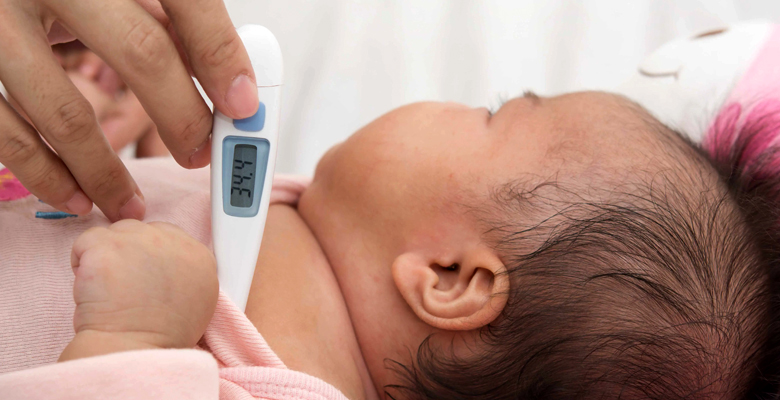At Dr. Priyanka Sinha's Fever Clinic, we specialize in the diagnosis, treatment, and management of all types of fever. Whether it's a common viral fever or a more serious underlying condition, we provide expert care to help you or your child recover quickly and safely.
What Causes Fever?
Fever is a common symptom that can result from a variety of conditions, including infections, inflammatory diseases, and other underlying health issues. Common causes include:
- Viral Infections: Such as the flu, common cold, and other respiratory infections.
- Bacterial Infections: Including urinary tract infections, bacterial pneumonia, and strep throat.
- Inflammatory Conditions: Conditions like rheumatoid arthritis and autoimmune diseases.
- Heat-related Illnesses: Such as heatstroke or dehydration.
- Other Causes: Medication reactions, blood clots, and even cancer can cause fever.
Types of Fever Treated
Dr. Priyanka Sinha’s Fever Clinic is equipped to treat various types of fever, including:
- High-Grade Fever: Persistent fever that exceeds 103°F (39.4°C).
- Low-Grade Fever: A mild fever that typically ranges between 99°F and 101°F.
- Intermittent Fever: Fever that comes and goes over a period of time.
- Continuous Fever: Fever that remains at a consistent temperature for an extended period.
- Fever with Chills: Accompanied by shaking chills or shivering.
Diagnosis and Treatment
When you visit the fever clinic, Dr. Priyanka Sinha will conduct a thorough examination to determine the underlying cause of the fever. The diagnostic process may include:
- Physical Examination: Assessing symptoms and checking for signs of infection.
- Blood Tests: To detect infection, inflammation, or other conditions causing the fever.
- Urine Tests: To identify urinary tract infections or kidney-related issues.
- X-Rays or Ultrasound: If needed, imaging studies to rule out complications like pneumonia or other infections.
- Cultures: To identify the specific pathogen causing the fever, such as blood or throat cultures.
Treatment Options
The treatment for fever will depend on its underlying cause. Some common treatment options include:
- Antipyretics: Medications like paracetamol or ibuprofen to reduce fever.
- Antibiotics: For bacterial infections, antibiotics may be prescribed to target the specific pathogen.
- Fluids and Rest: Ensuring adequate hydration and rest to help the body recover.
- Supportive Care: For viral fevers, treatments focus on symptom relief, including pain relievers and anti-inflammatory medications.
- Hospitalization: In severe cases, when dehydration or complications arise, hospitalization may be necessary.
When Should You See a Doctor?
If you or your child experience the following symptoms along with fever, seek medical attention promptly:
- Persistent fever lasting more than 3 days
- Severe headache or neck stiffness
- Severe abdominal pain
- Difficulty breathing or chest pain
- Confusion or altered mental state
- Rash or purple skin spots
- Fever in infants under 3 months of age
